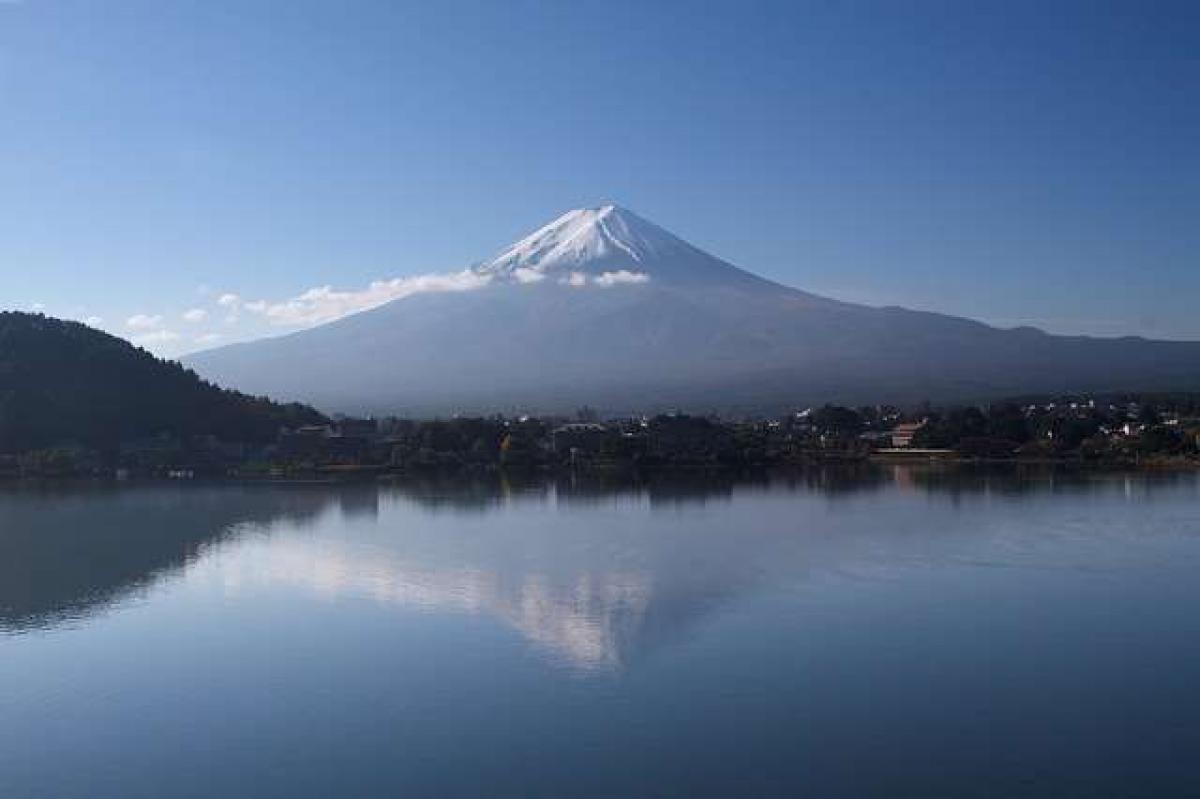On Dec. 6, in Tokyo, Japan, the SuperReturn Japan 2018 event concluded. CAIA was a sponsor of this event, which was billed as “the world’s gateway to Japanese private equity and venture capital.” This is the second part and conclusion of our interview with Jeff Diehl, managing director at Adams Street Partners, a PE investor that has been around since 1972. Diehl was a participant in SuperReturn Japan.
AAA: Does Adams Street have a lot of inflow from Japanese investors? How much of a role does Japan play within the Big Picture for Adams Street—in terms of capital flow on the one hand, or in terms of the value of portfolio companies based in Japan on the other? Is that role likely to increase or decrease in the future?
Diehl: We welcomed our first Japanese LP in 1998, which was very early relative to the overall Japanese LP market. Most recently, we opened the Tokyo office in 2014 in an effort to service our existing Japanese investor base. Adams Street’s Japanese client base has grown steadily over the last two decades, with noted acceleration over the last 5-10 years. Japan is an important market for Adams Street and I expect that to grow over time.
Institutional investors in Japan are increasing their allocations to private equity and we have been fortunate to be selected as a trusted partner by a number of these investors. So, while the investing side of private equity probably has a longer and deeper history in Japan than the LP market, I believe the latter is growing more quickly and I would expect that to continue in the near-term.
[Our exchange with Mr. Diehl roughly coincided with U.S. President Donald Trump’s sit-down with China’s President Xi. The two men discussed the ongoing “trade war” between the two countries, through what exactly they said to each other and whether they reached any sort of agreement now seems to be hazy.]
AAA: Adams Street also has offices in Beijing, Seoul, and Singapore. What has been the impact on the economies of East Asian nations of the recent China/US trade tensions? Has the “trade war” been fully discounted in the prices of the portfolio assets that a VC might look at in those countries?
Diehl: I am no expert in international trade or politics, but I do know that the U.S. and China have a mutual interest in a low-tariff or free-trade environment and I expect that to be the final result. There will undoubtedly be bumps along the road to get there as both sides advance their respective interests, but I am confident in the end result as both countries have too much at stake. The tariffs, public statements and the escalating tensions have clearly introduced uncertainty, and anytime there is uncertainty, markets tend to be fragile. The Chinese equity markets have taken a hit due to the trade tensions and I would expect that to reverse course once an agreement is reached. Most of our firm’s current investments in China are in venture and growth companies that are addressing the large domestic Chinese market. Ultimately, we haven’t seen a huge impact on our Chinese portfolio from the U.S.-China trade tensions.
AAA: Let me ask the same question, if I may, about the U.S. and Europe. What is the impact of the trade tensions here, specifically with reference to small- and medium-sized enterprises?
Diehl: It is hard to generalize the impact of the trade tensions to private equity broadly as the tariffs are industry-specific. For example, cotton farmers are unhappy because they believe the price of cotton is down dramatically due to tariffs. Companies that rely on specific manufactured parts from China are scrambling to find alternative sources and/or pass on the higher costs to their end-customers. But their competitors are likely experiencing the same problem, so the impact tends to be on entire industries rather than specific companies.
It is fair to say that high tariffs are not good for business. Nevertheless, I am confident the tensions will ultimately be defused and rational minds will prevail. I just can’t predict how long that will take.
AAA: Thank you very much for your time and your thoughts.




